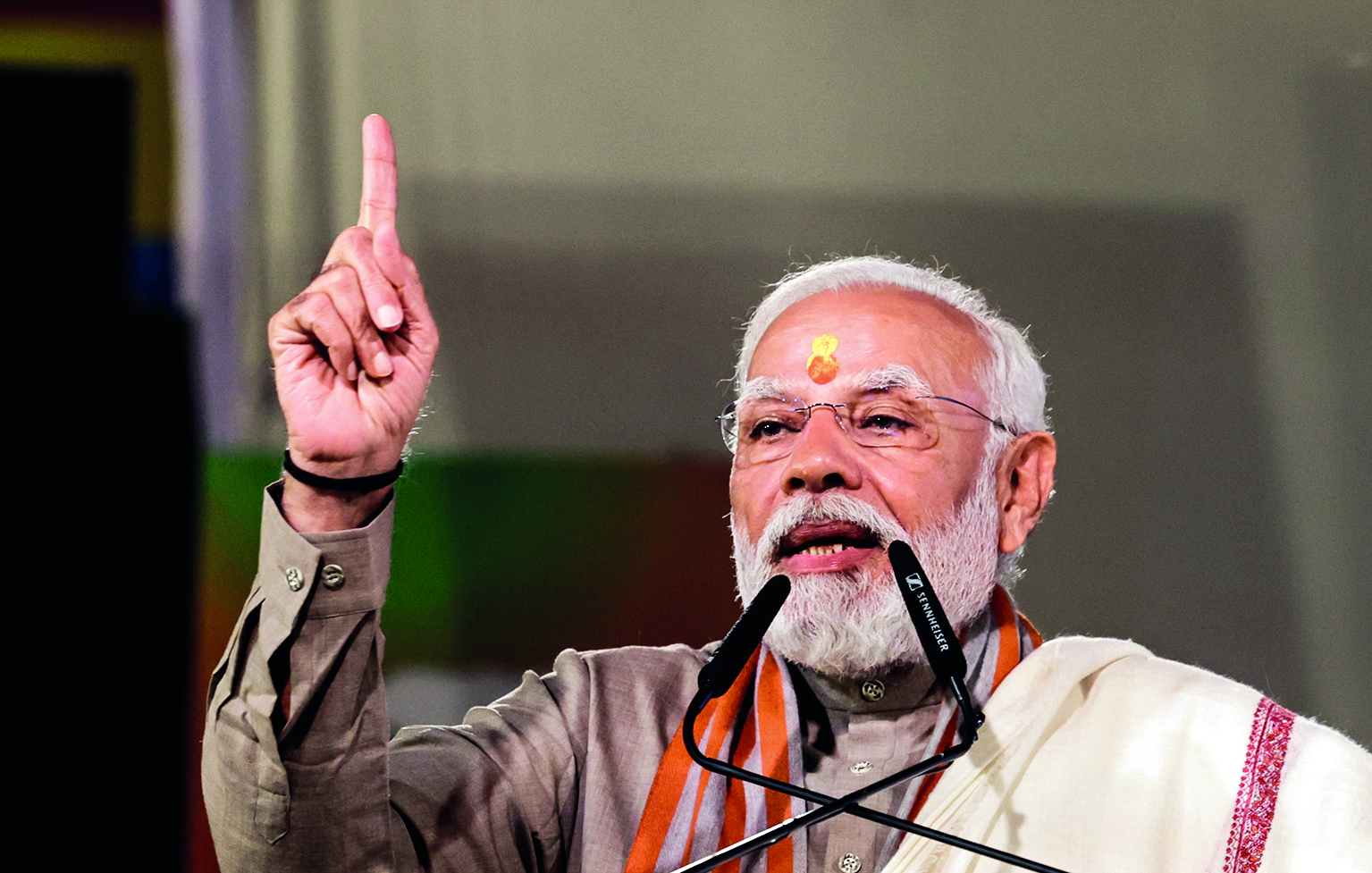PM Modi to attend UN climate summit in UAE: Sources

New Delhi: Prime Minister Narendra Modi will attend the UN climate talks in Dubai on December 1 and deliver a national statement highlighting India’s climate action, sources said on Friday.
The Prime Minister will reach the UAE on November 30, deliver India’s national statement during the United Nations’ World Climate Action Summit on December 1 and return the same day, a source told reporters.
The World Climate Action Summit on December 1-2 will see heads of states and governments, leaders from civil society, business, youth, indigenous peoples’ organisations, frontline communities, science and other sectors discussing actions and plans aimed at scaling climate action.
Modi has been championing Lifestyle for Environment (LiFE movement), urging countries to adopt planet-friendly living practices and move away from deeply consumerist behaviours.
Recognising the criticality of this decade (2021-2030) for climate action, there’s a call for rebalancing consumption patterns between the Global North and South.
Differences in historic emissions and contributions to global warming across nations are evident. For instance, while the US accounts for only 4 per cent of the current global population, it contributed 17 per cent of global emissions between 1850 and 2021. In contrast, India, representing 18 per cent of the world’s population, has contributed only 5 per cent of greenhouse gas emissions to date.
According to Oxfam International, a group of independent charitable organisations, the world’s wealthiest 10 per cent were responsible for around half of global emissions in 2015.
Modi had attended the Glasgow climate talks in 2021 and announced India’s strategy to combat climate change.
In August last year, India updated nationally determined contributions or nation action plan to achieve the goals set in the 2015 Paris Agreement, especially the target of limiting global warming to well below 2 degrees Celsius and preferably to 1.5 degrees Celsius.
India’s updated NDCs aim to reduce emissions intensity of gross domestic product by 45 per cent by 2030 from 2005 levels and achieve 50 per cent cumulative electric power installed capacity from non-fossil fuel-based energy resources by 2030.



